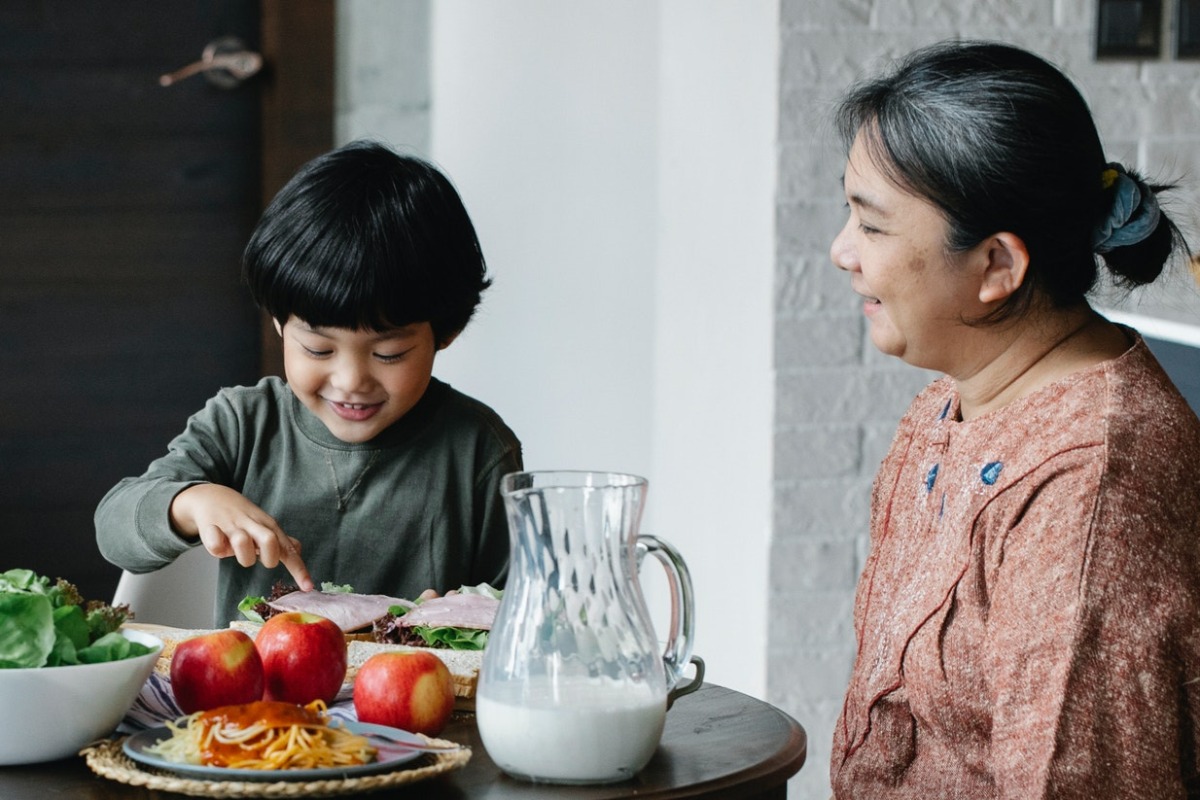The age of the pandemic greatly curtailed our ability to travel. And with the progress we’ve made in rolling out vaccines, what travel lover isn’t excited to unfurl their wings once again and head off to faraway destinations?
Not so fast, though. While the industry is starting to pick itself up, the consensus is that travel access will be uneven.
Some countries will make more rapid progress in their vaccination programs, while others will lag behind. Some will implement strict rules on who gets to come and go, while others will be relatively lax in this regard.
Maybe you’re happy traveling solely within the confines of the US. But for many who’d love to visit other countries, now might not be the best time to book a trip. Or even the next year or two.
In the meantime, as a substitute, we can turn to one of the core experiences we enjoy while traveling: adventuring through food.
Food and adventure
We don’t all appreciate food equally. You probably know someone who’s a picky eater or doesn’t mind eating the same food every day. Maybe food allergies or family or cultural influences play a factor as well.
But how we experience food is not just about the biochemical processes involved in tasting and digesting it. Enjoying food has a psychological aspect to it and is intimately tied to one’s personality.
If you’re an adventurous person, you’re more likely to love both traveling and experimenting with different kinds of food.
This correlation is strong enough that statistics show the average tourist spends one-third of their budget on food.
By comparison, the average household is deemed to have affordable housing if no more than a third of their monthly budget goes towards this expense.
Somehow, for many people, the act of traveling is enough to justify spending the same percentage of your budget on food as you’d normally spend on rent or a mortgage.
Small wonder, then, that as the travel industry has increasingly geared towards authenticity in recent years, culinary tourism has also risen as a global trend.
Novelty and understanding

Why do people travel for pleasure? The reasons vary across a broad spectrum.
Perhaps you’ve always dreamed of going to a specific place. Or maybe you want to go on holiday with someone special. Some might be checking destinations off a bucket list; others want to embellish their status on social media or avoid FOMO.
On a deeper level, we all share a common reason: the search for novel experiences.
People find novelty stimulating because we’re biologically wired that way. As we grow older, our brains become set in their patterns. We often need a jolt of something new and different to see the world differently and learn better.
Novelty isn’t the only reason people love to travel, but we’ve all felt its influence. And its absence has been one of the things we’ve sorely missed amid the pandemic, as each day seems to blend into one monotonous blur.
But what is culinary tourism, if not a specific form of novel experience?
The food tourist not only consumes unique regional cuisines but learns about its history and production and enhances their appreciation of its source culture.
Sensory travels
Unlike actual travel experiences, however, food adventures can be brought into your home instead of having you set foot outside it.
In the age of globalization, some suppliers can ship exotic spices and ingredients anywhere in the world. You can order them online with the same ease that lets you research authentic, traditional recipes or purchase cookbooks by chefs from those cultures.
And in a nation of immigrants, we can always lend a helping hand to the enterprising people who’ve come to our shores and set up restaurants. They bring a part of their heritage into our world and make our lives richer in the process.
Difficult as it might be to imagine, one day, the pandemic will recede as a threat. But some constraints on our travel capabilities will remain.
Some people have hectic work schedules. They might be caring for loved ones with Alzheimer’s or other long-term conditions. There will be too many commitments to handle without assistance.
Others will lack the budget to visit all the places they wish or feel hesitant about stepping into a completely different culture. And the industry can’t escape the issues of climate change and sustainability in relation to the emissions our travels generate.
Undertaking your journeys through food can smooth over those cracks long after the pandemic. It requires less investment of time or money while still giving you a way to inject some badly-needed adventure into your life.




